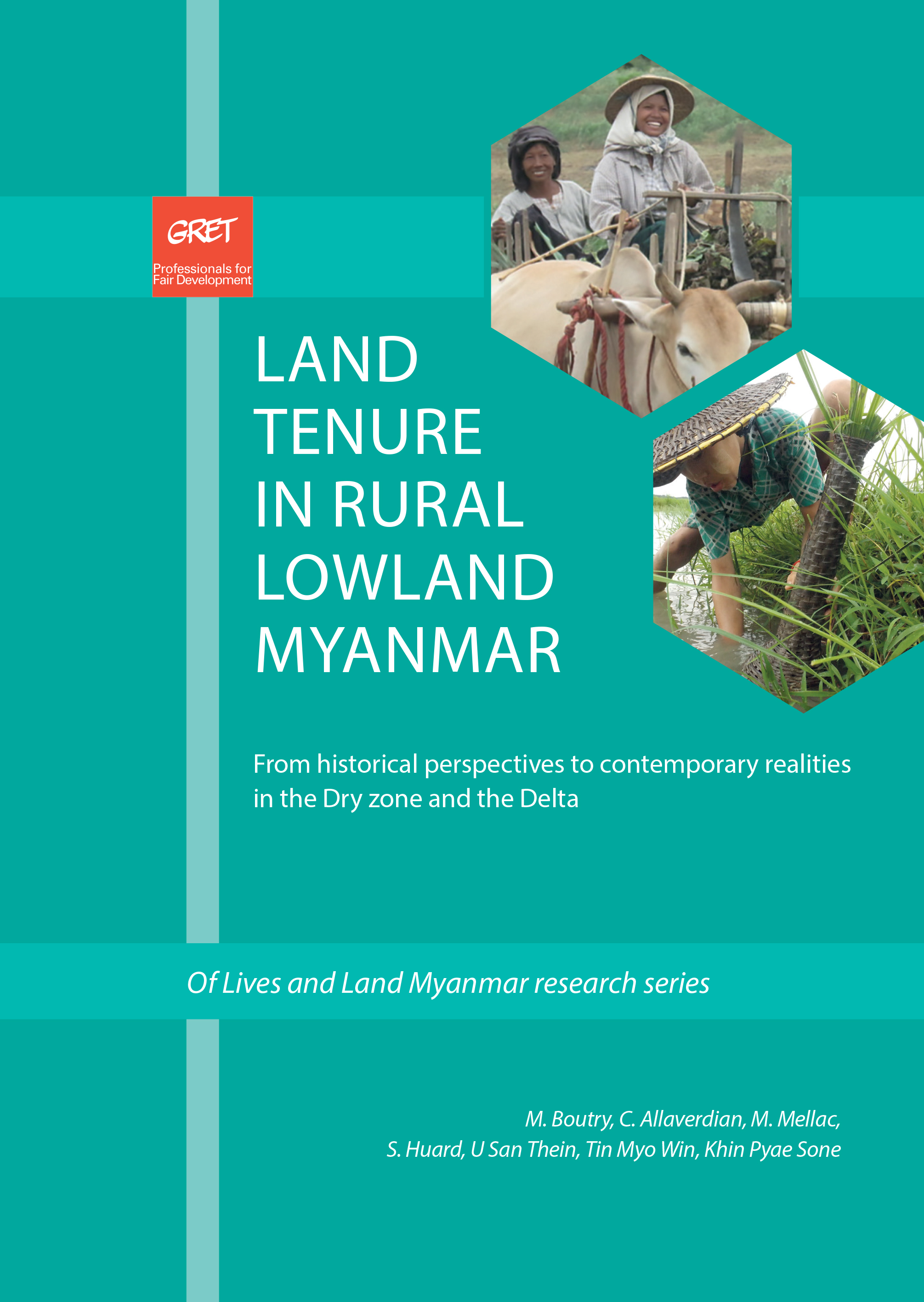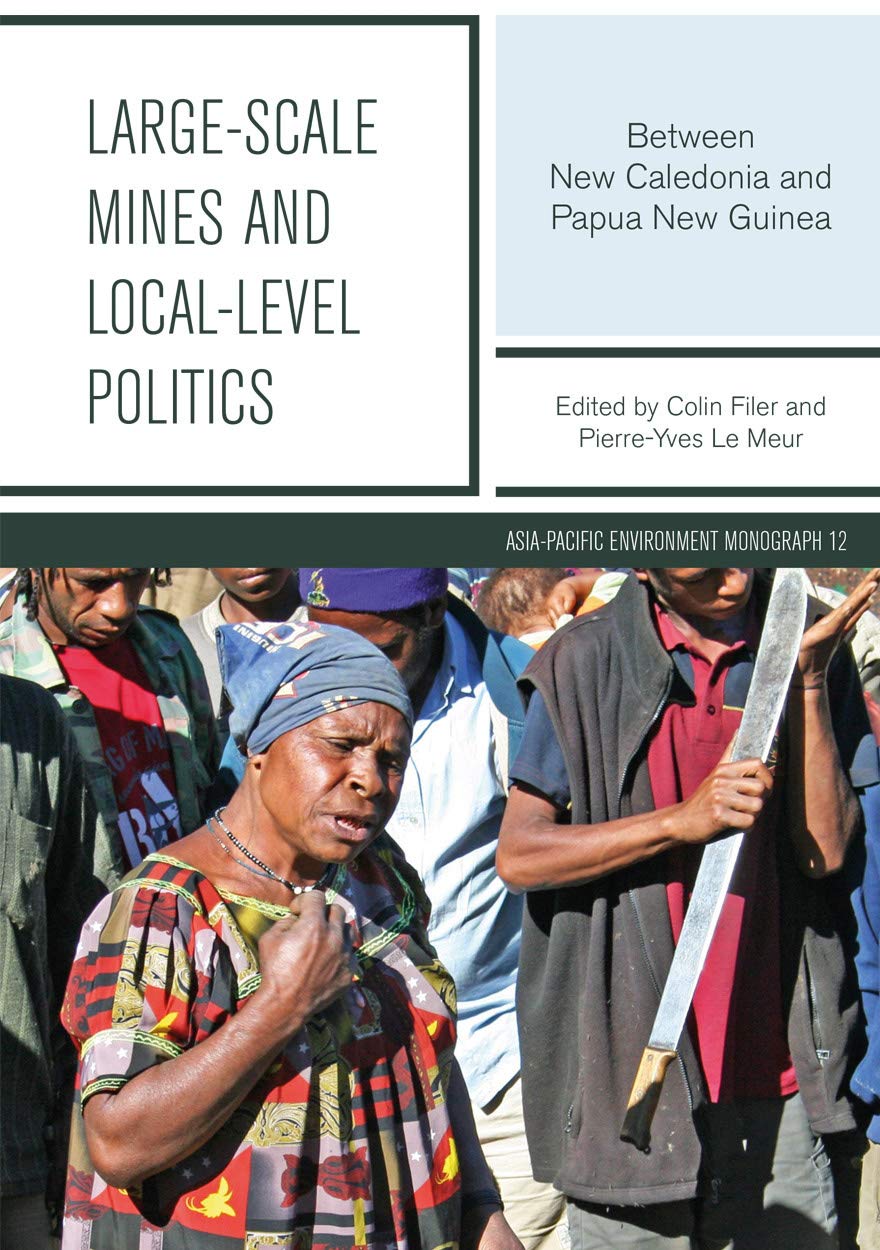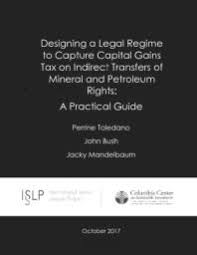Competing conceptions of customary land rights registration (rural land maps PFRs in Benin) : methodological, policy and polity issues
The formalisation of local or customary land rights is often seen as a means of tackling insecurity of land tenure and encouraging investment. Several tools, such as the Rural Land Plans (PFRs) used in Benin, seem to resolve the tension between the logic of registering rights in order to increase productivity and the logic of securing complex local rights and reducing conflict. But while PFRs are potentially a good tool for dealing with complexity, current policy debate in Benin tends to focus on them as a tool for privatisation.








